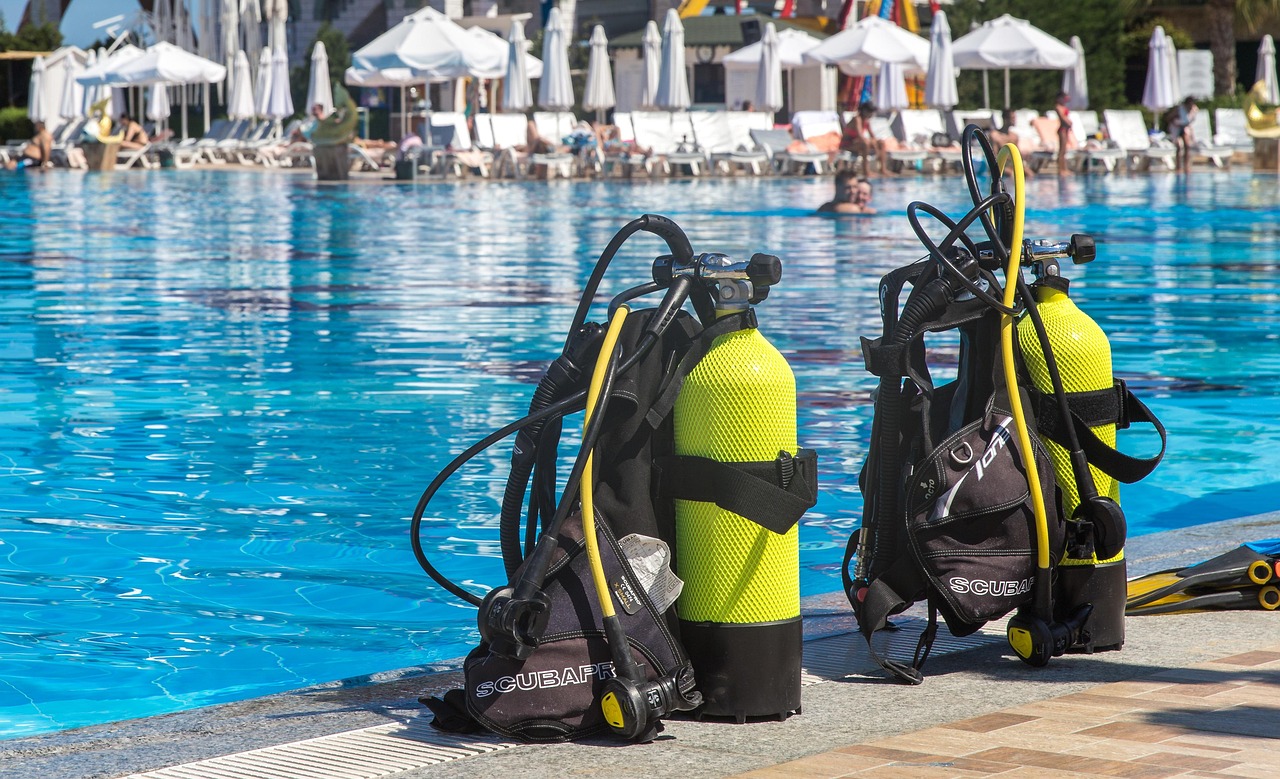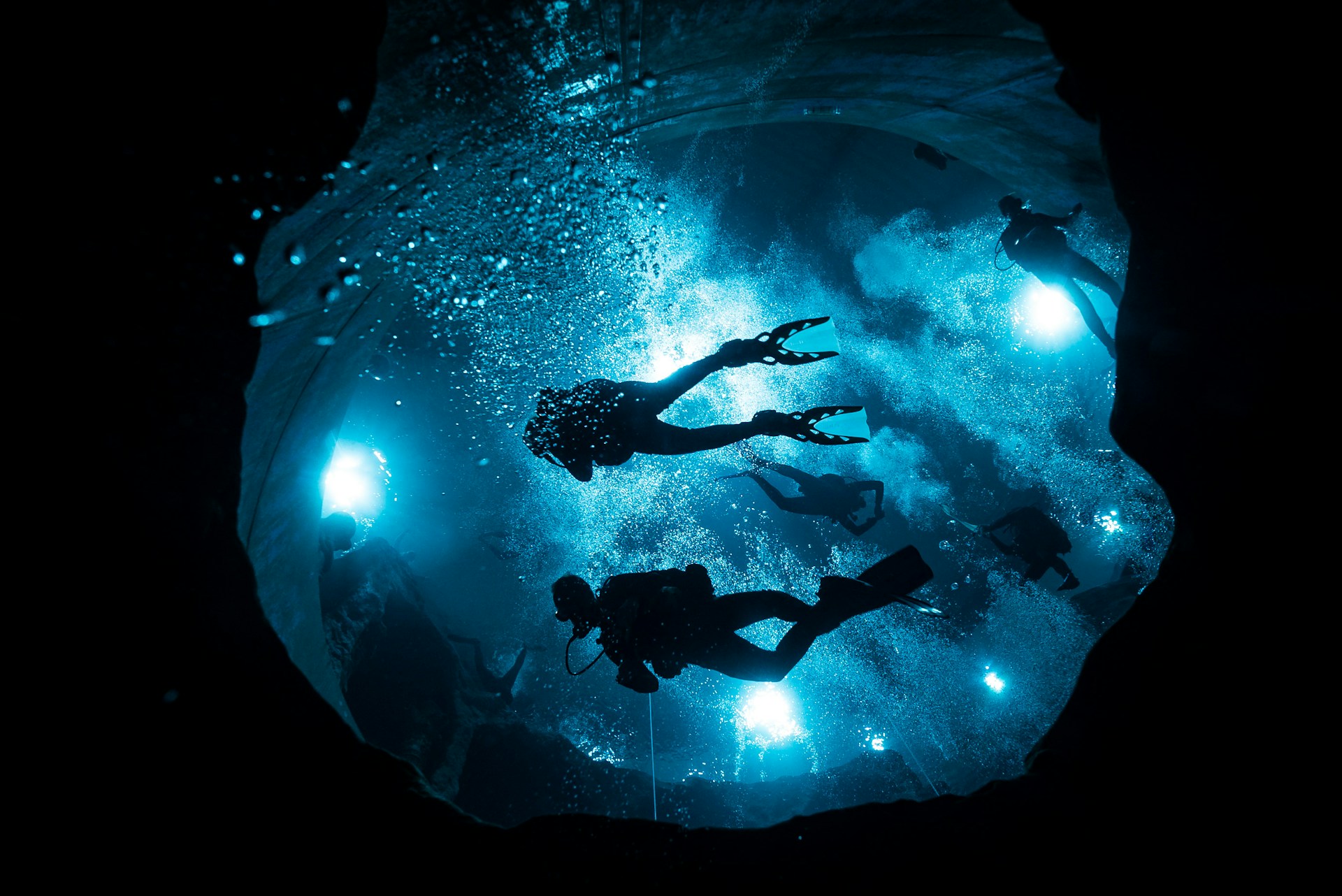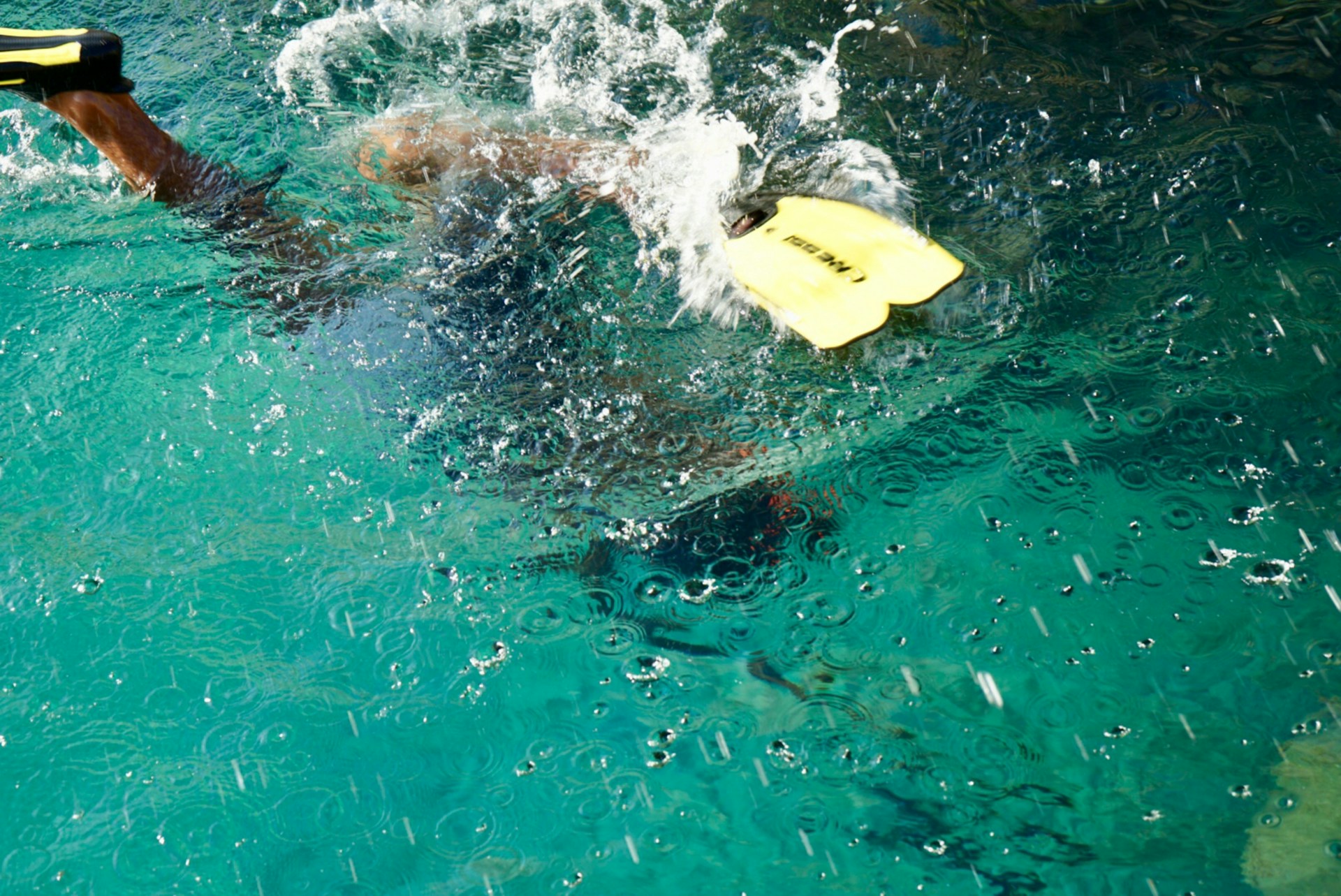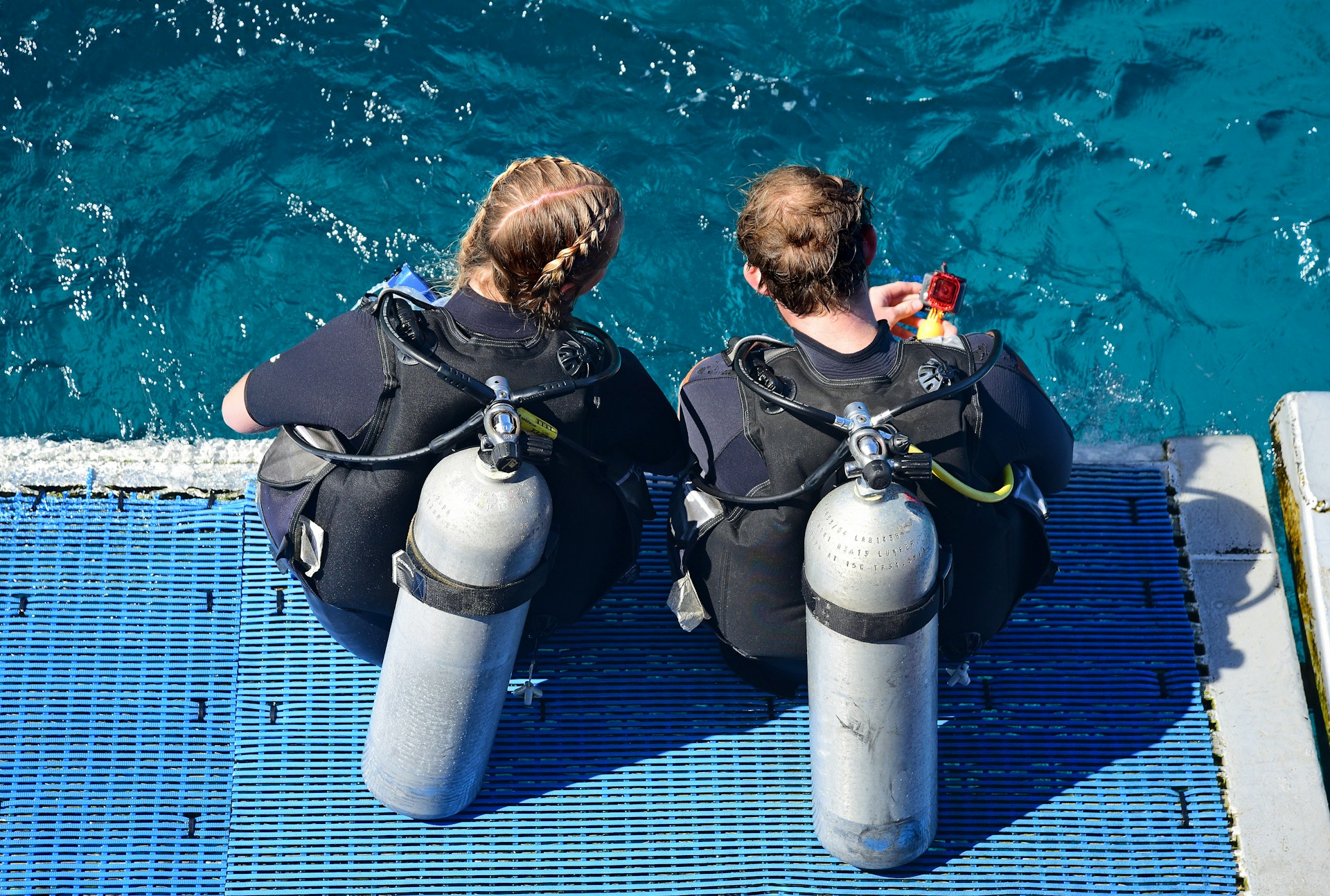In a groundbreaking initiative, the Val de Tourne Diving Club in southern Ardèche is piloting an inclusive cave diving experience for individuals with disabilities. Backed by the French Federation of Underwater Studies and Sports (FFESSM), this experimental program is being conducted under the guidance of the National Commissions for Cave Diving and Handisub.
The project offers five individuals with disabilities the opportunity to explore two world-renowned underwater spring systems, both highly sought after by cave diving enthusiasts across the globe. These initial exploratory dives serve as more than just a thrilling adventure—they are a crucial step toward evaluating and establishing technical and safety guidelines for accessible cave diving.
One of the key aims of this trial is to determine how cave diving environments can be adapted to welcome disabled divers safely and effectively. By analyzing these pilot experiences, the National Cave Diving Commission plans to assess the feasibility of developing a formal Handisub training curriculum specifically designed for adapted diving in two defined zones.
The first zone, referred to as Zone 1, includes underwater areas that remain visible under natural daylight, offering a safer and more manageable environment. Zone 2 comprises known siphons—flooded tunnels—up to 40 meters deep that can be explored without requiring decompression stops. Both zones are being considered for future accessible diving programs.
Ultimately, the goal of this initiative is to ensure that all FFESSM-licensed divers, regardless of physical ability, can experience the wonders of cave diving under the same rigorous safety standards. If successful, the program could pave the way for a broader integration of adaptive diving practices within the field of speleology, marking a significant step forward in inclusive underwater exploration.



